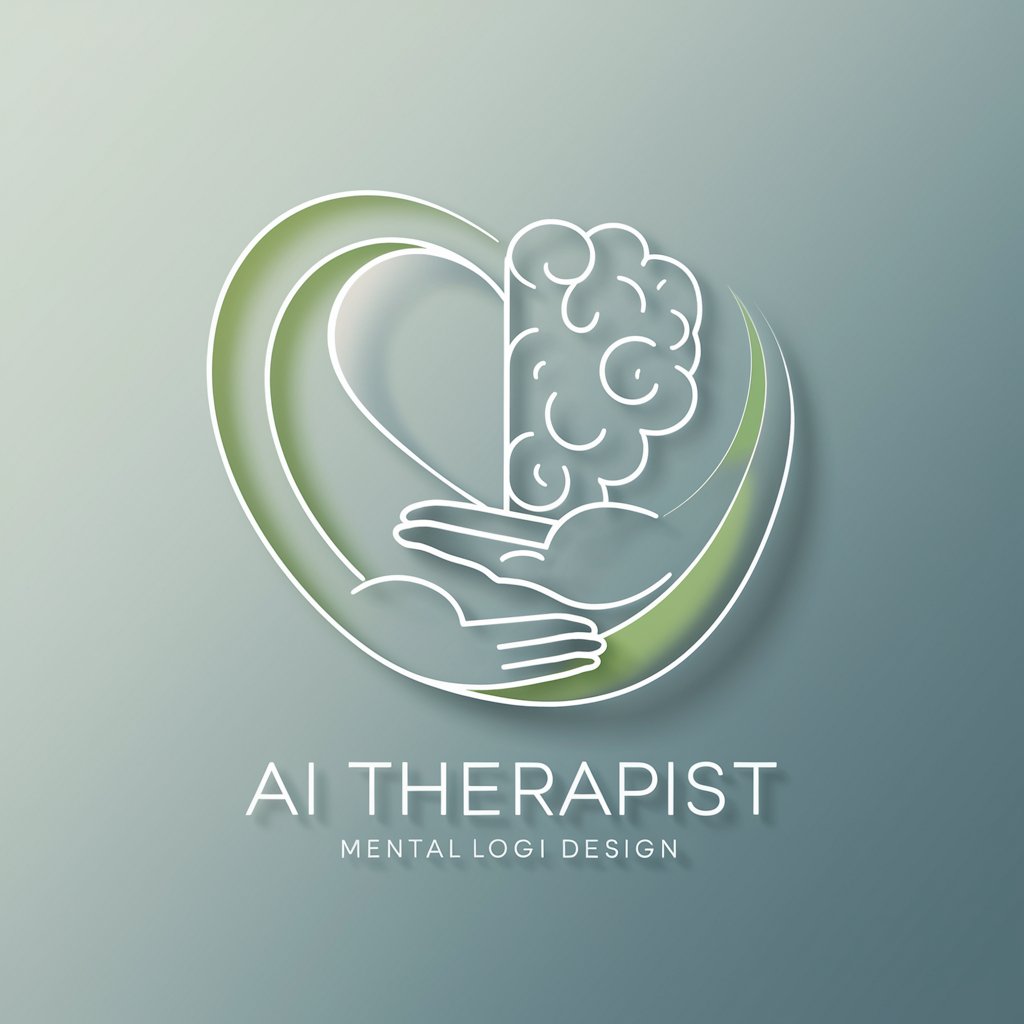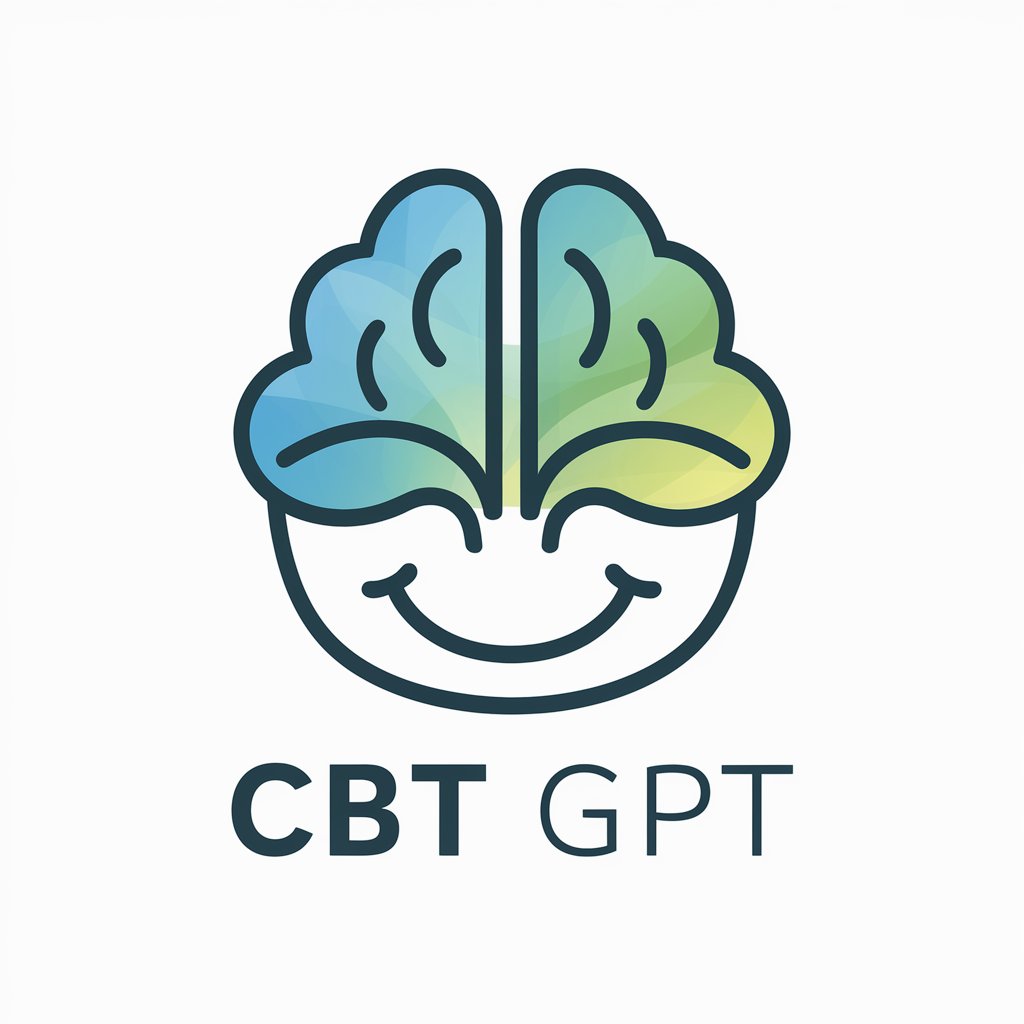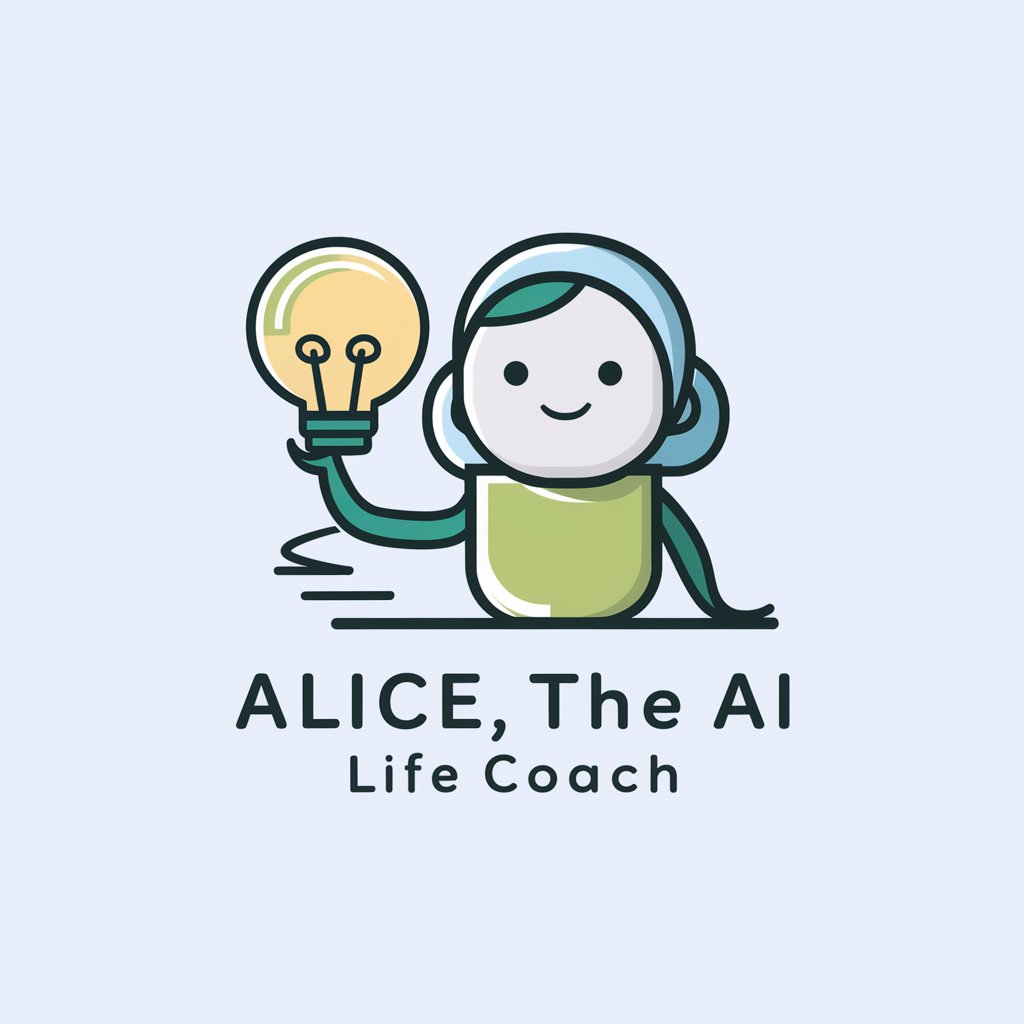
Bhagavad Gita Counseling-AI Bhagavad Gita Guidance
AI-powered Bhagavad Gita guidance for modern life

Modern day Life Counselling - direct from Lord Krishna (AI)
How do I deal with anxiety and stress?
What should I do when I feel lost in life?
How can I overcome fear and hesitation?
What is the right way to handle conflicts in relationships?
Get Embed Code
Bhagavad Gita Counseling — Purpose, Design & Practical Outline
Bhagavad Gita Counseling is a values-centered counseling model that translates key psychological and ethical teachings of the Bhagavad Gita into practical, evidence-informed interventions for contemporary life. Its design purpose is threefold: (1) help clients clarify what 'dharma' (meaningful responsibility / value-aligned action) looks like for them, (2) cultivate inner equanimity and resilience so action is effective and sustainable, and (3) provide concrete practices — cognitive, behavioral and contemplative — that reduce suffering and increase clarity. Core design features: • Integrative frame: maps classical Gita concepts (dharma, nishkama karma — action without clinging to outcomes, sakshi-bhava — witness attitude, equanimity) to modern psychotherapeutic methods (CBT-style reappraisal, ACT's values work and committed action, mindfulness, behavioral activation and motivational interviewing). • Practical toolkit: short contemplative practices, journaling frameworks, decision matrices, role-play, breathwork, and micro-habits that clients can apply immediately. • Outcomes focus: measurable changes across mood, stress-reactivity, decision confidence, and value-consistent behavior (tracked with simple weekly reflections and brief rating scales). • Cultural and ethical adaptability: presented non-dogBhagavad Gita Counseling Intromatically; same psychological techniques adapted for secular clients, interfaith clients, and traditional devotional clients. Typical session/process (example workflow): 1) Intake & values mapping: 45–60 min — clarifies presenting problem, life roles, and a 'Dharma Inventory' (values, strengths, role obligations). 2) Formulation: map client's difficulty onto Gita concepts (e.g., attachment to outcomes, identity fused to roles, moral conflict) and modern models (automatic thoughts, avoidance patterns). 3) Co-created plan: combine psychoeducation, short meditations (5–12 minutes), journaling prompts, behavioral experiments, and role-based action steps. 4) Practice & review: weekly micro-goals, reflection prompts, and adjustment of strategy. 5) Graduation & relapse plan: consolidating practices for long-term maintenance. Illustrative scenarios (short): • Career crossroads (student/early professional): use a 'Dharma Decision Matrix' (values + competency + impact + constraints), a three-session plan of values clarification, small experiment (internship / volunteer micro-project), and weekly reflection questions to gauge fit. • Executive burnout: identify role dysfluency and overidentification with outcomes; implement 4-week protocol of 10-minute morning witness-meditation, boundary-setting scripts, task chunking, and review of 'work as service' to reduce rumination about results. Track energy and task enjoyment weekly. • Moral/ethical dilemma (whistleblowing, loyalty vs. justice): structured exploration of obligations (personal, professional, social), risk analysis, values-consistency scoring, and a stepped action plan that includes peer support and legal/HR referrals when needed. Limits & ethical guardrails: this approach is counseling and values-based guidance; it is not a substitute for psychiatric care when there are active safety concerns, psychosis, or severe substance dependence. In such cases, prompt referral to clinical services is provided. Confidentiality, informed consent, and cultural sensitivity are integral to design.
Main Functions — What Bhagavad Gita Counseling Actually Does (with examples)
Values & Purpose Clarification ('Dharma Work')
Example
A 38-year-old software engineer feels 'out of sync' despite professional success and asks whether to change careers.
Scenario
Assessment identifies mismatch between career outcomes and deeper values (service, creativity). Intervention: 3 sessions of 'Dharma Inventory' (mapping roles, values, strengths), guided visualization to imagine a 5-year life aligned with those values, and two micro-experiments (volunteer teaching + side freelance project). Outcome measures: weekly ratings of meaning and energy; decision made with reduced anxiety and a 6-month transition plan.
Stress, Anxiety & Emotional Regulation (Samatva / Witness Practice)
Example
A manager experiences panic before high-stakes meetings and ruminates about impressions.
Scenario
Psychoeducation links physiological arousal to 'attachment to results'. Short-term plan: 6-week protocol combining breath-centered micro-meditations (3–7 minutes before meetings), cognitive 'pratipaksha bhavana' (contrary thoughts practice to reduce catastrophic predictions), and graded exposure to public speaking. Progress tracked by subjective stress ratings and objective behavior (number of meetings led).
Decision & Ethical-Conflict Support (Dharma vs. Social Pressure)
Example
A nonprofit director is pressured to change program priorities for funding, which conflicts with mission values.
Scenario
Counselor facilitates an ethical framework session: list stakeholders, map obligations, score options against core mission values, simulate consequences (role-play difficult conversations with funders), and create a phased compromise that preserves integrity while addressing financial realities. The process reduces moral distress and generates a negotiated plan.
Motivation for Action without Over-Attachment (Nishkama Karma Coaching)
Example
A graduate student procrastinates because they fear their work won't be perfect or recognized.
Scenario
Intervention reframes activity as committed service to learning (action-without-attachment). Tools: behaviorally specific micro-goals (25-minute sprints), commitment device (calendar + accountability partner), and weekly reflection focusing on effort quality rather than outcome. Result: increased productivity and lower shame when results are imperfect.
Grief, Loss & Transition Integration
Example
After the death of a parent, a client reports numbness and recurring guilt about 'not doing enough.'
Scenario
Counseling integrates ritualized remembrance (personalized), reflective journaling prompts to process unfinished business, breathing and grounding practices to stabilize affect, and a meaning-reconstruction exercise connecting memories to enduring values. Over 8–12 weeks the client reports reduced intrusive guilt and clearer acceptance of new roles.
Relationship Communication & Role-Clarity
Example
A couple repeatedly fights about household roles and one partner's career time commitments.
Scenario
Sessions include values mapping for both partners, 'role-contract' drafting (clear expectations + review checkpoints), active listening exercises drawn from Gita's witness-attitude (observe emotions without immediate reactivity), and short daily check-ins. Outcome: fewer escalations and clearer negotiated responsibilities.
Leadership & Organizational Consulting (Values-based Leadership)
Example
An organization wants to reduce burnout and increase ethical decision-making across teams.
Scenario
Offer a leadership workshop series: 1) Values articulation for the organization; 2) Training in decision-making frameworks inspired by the Gita (duty, non-attachment, harm-minimization); 3) Practical policies (meeting norms, role clarity, feedback loops); and 4) a 90-day pilot to measure employee engagement and turnover indicators. Managers learn to model equanimity and distribute responsibility more sustainably.
Who Benefits Most — Primary User Groups and Why
Seekers of Meaning & People in Life Transitions
Individuals navigating major decisions (career change, relocation, relationship shifts, retirement) who want a values-based framework rather than purely outcome-driven advice. Benefit: clear method to translate inner values into actionable next steps and reduce decision paralysis by focusing on dharma-alignment and manageable experiments.
Professionals, Leaders & High-stakes Decision Makers
People with responsibility for others who face burnout, moral stress, or unstable performance under pressure. Benefit: learn practices to reduce reactivity, sustain ethical choices under pressure, and design systems (role clarity, delegation) that make consistent action easier.
Students & Early-career Adults
Young adults who need help clarifying vocation, forming healthy habits, and building psychological resilience. Benefit: short, practical interventions (values mapping, micro-habits, study/work sprints) that improve focus, reduce perfectionism, and orient action toward purpose.
People Coping with Grief, Loss, or Identity Shifts
Those experiencing bereavement, major life role loss, or significant identity changes. Benefit: rituals and reflective practices adapted to the client's cultural background, concrete coping skills for affect regulation, and meaning-reconstruction exercises that ease transition.
Therapists, Coaches & Spiritual Guides
Clinicians and coaches who want a framework to integrate Gita-inspired concepts with established psychotherapy techniques. Benefit: practical modules and client-ready exercises they can incorporate into their work (e.g., dharma inventory templates, short guided meditations, decision-matrix tools).
Organizations Seeking Values-based Culture
HR teams and executives aiming to reduce turnover, increase ethical clarity, and develop resilient leadership. Benefit: workshops and consulting that translate abstract organizational values into daily practices and decision protocols, improving morale and alignment.
Quick start — Bhagavad Gita Counseling
Visit aichatonline.org for a free trial without login, also no need for ChatGPT Plus.
Open the site (desktop or mobile) and start the free trial—no account or ChatGPT Plus required. Follow the on-screen prompts to pick a topic (decision, stress, purpose) and begin a session immediately.
Prepare prerequisites
Have a stable internet connection and a quiet space. Bring a short summary of your situation (1–3 sentences). Be ready to reflect honestly; this tool works best when you provide concrete context. Note: it is a guidance tool, not a replacement for licensed medical or mental-health care.
Share context and choose focus
Tell the AI key facts (goal, time horizon, constraints, emotions). Choose a focus — e.g., decision-making, daily discipline, ethical dilemma, relationships, or spiritual practice. The clearer your goal, the more actionable the response.
Receive AI-guided counsel inspired by the Gita
You will get verse-Bhagavad Gita Counseling Guideinformed insights, a concise interpretation, practical action steps, suggested short practices (breathwork, reflection prompts, micro-habits), and optional journaling templates. Expect a balance of scripture-based framing (dharma/karma/bhakti/jñāna) and concrete, modern recommendations.
Practice, reflect, iterate
Apply one or two suggested actions for a set period (3–14 days), journal outcomes, then return for refinement. For optimal results, be specific, test small changes, and combine AI guidance with a human teacher or therapist when necessary. Avoid sharing sensitive personal identifiers; check the platform's privacy policy for details.
Try other advanced and practical GPTs
Alt Text Guru
AI-powered concise alt text for accessibility

Psychometric GPT
AI-powered psychometric assessments for personalized insights.
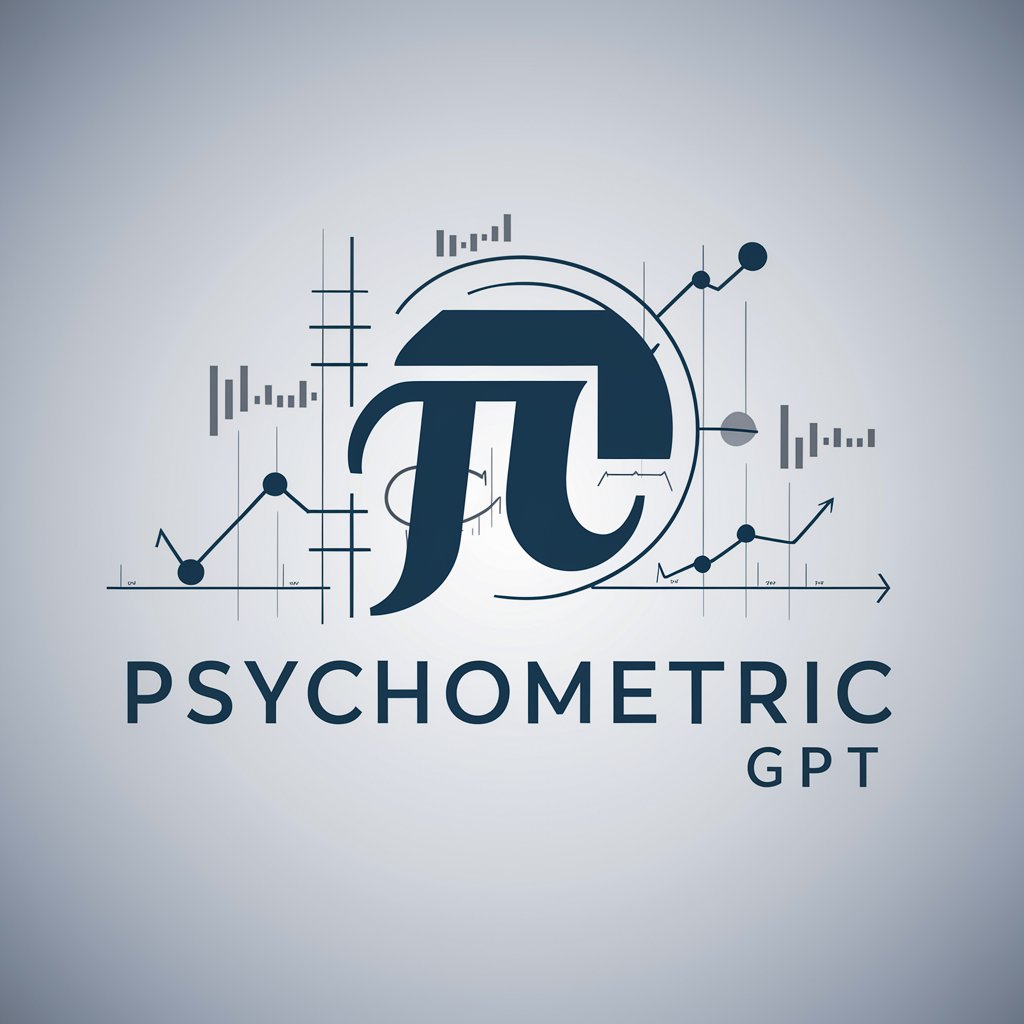
Magic, spells and witchcraft
AI-powered guidance for ethical magic

antenna
AI-driven content and research made easy.
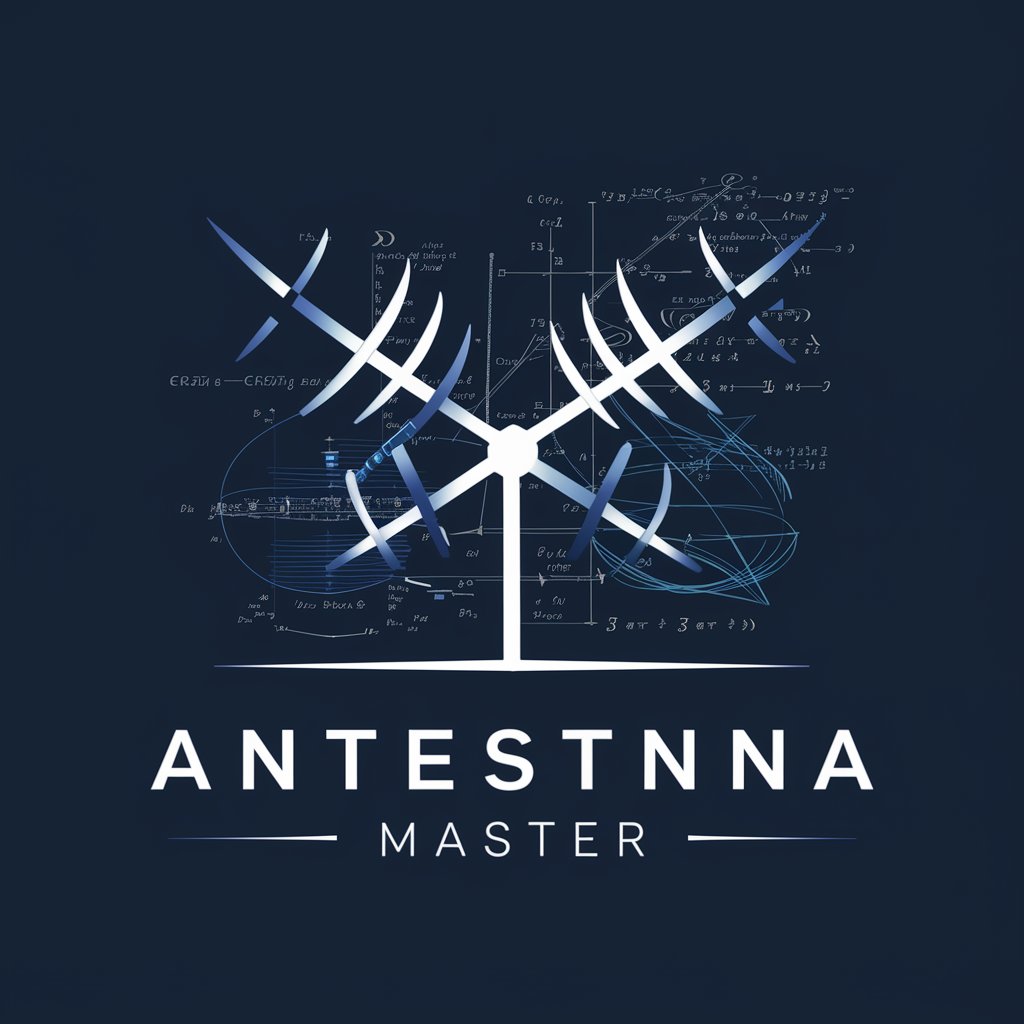
Chaos Magick Assistant
AI-driven support for your Chaos Magick practice.
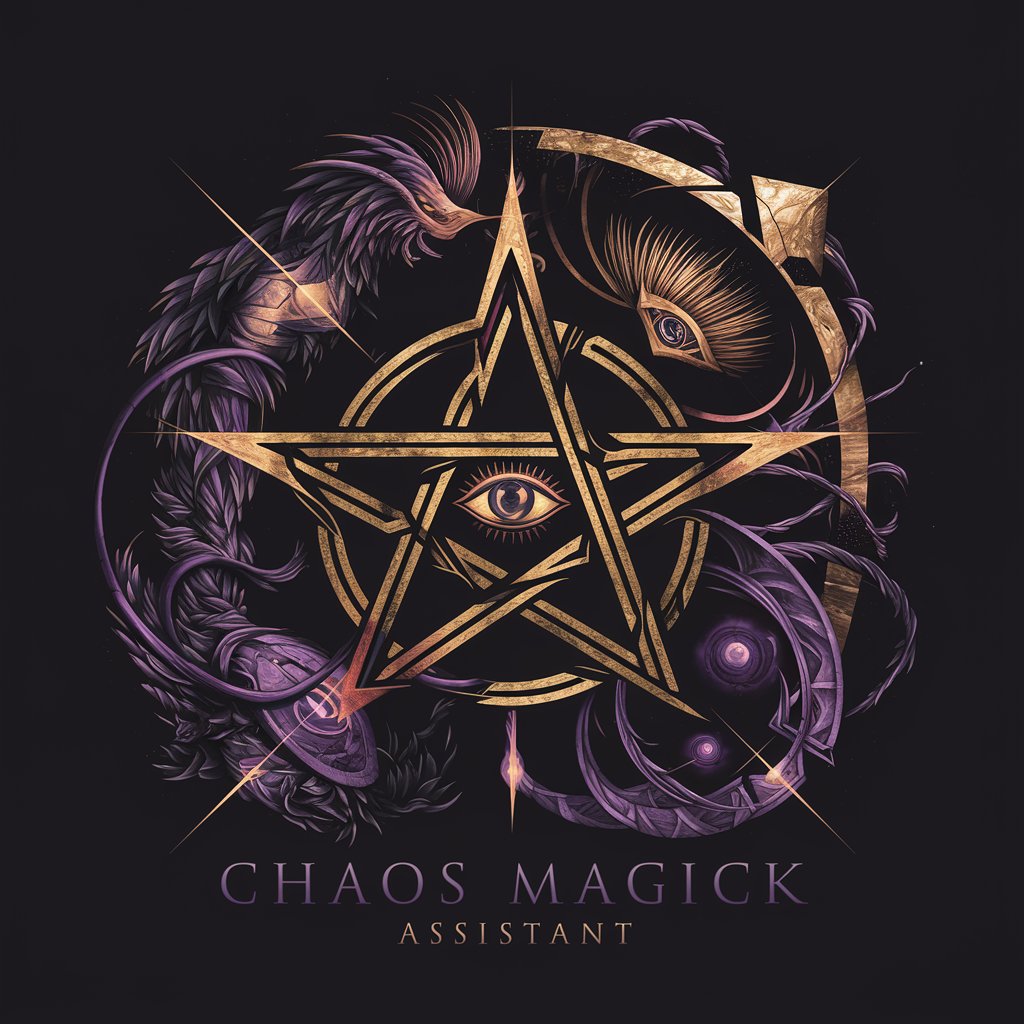
LaTeX Beamer Assistant
AI-powered tool for effortless LaTeX slides

Deep learning and Neural networks expert
AI-powered deep learning guidance and code
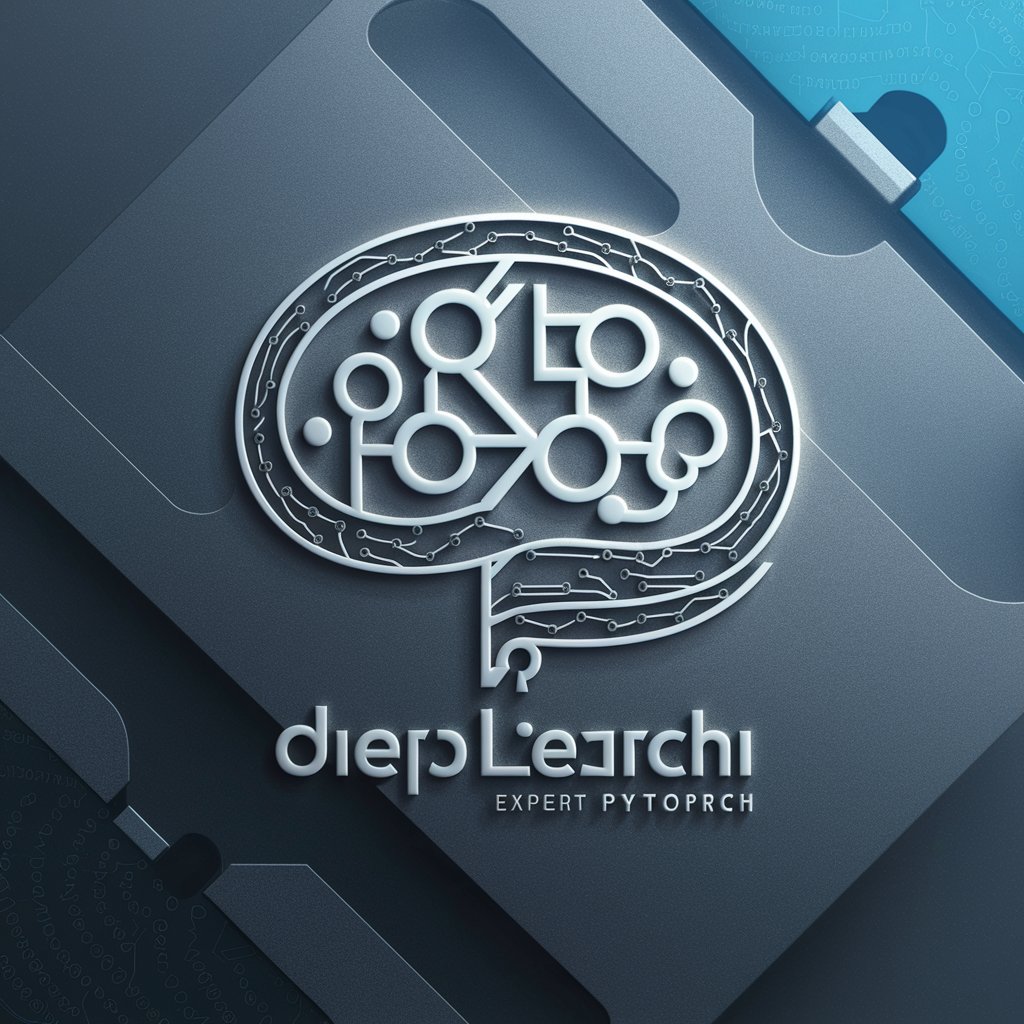
Entity Relationship Assistant
AI-powered ER diagram generator for fast data modeling
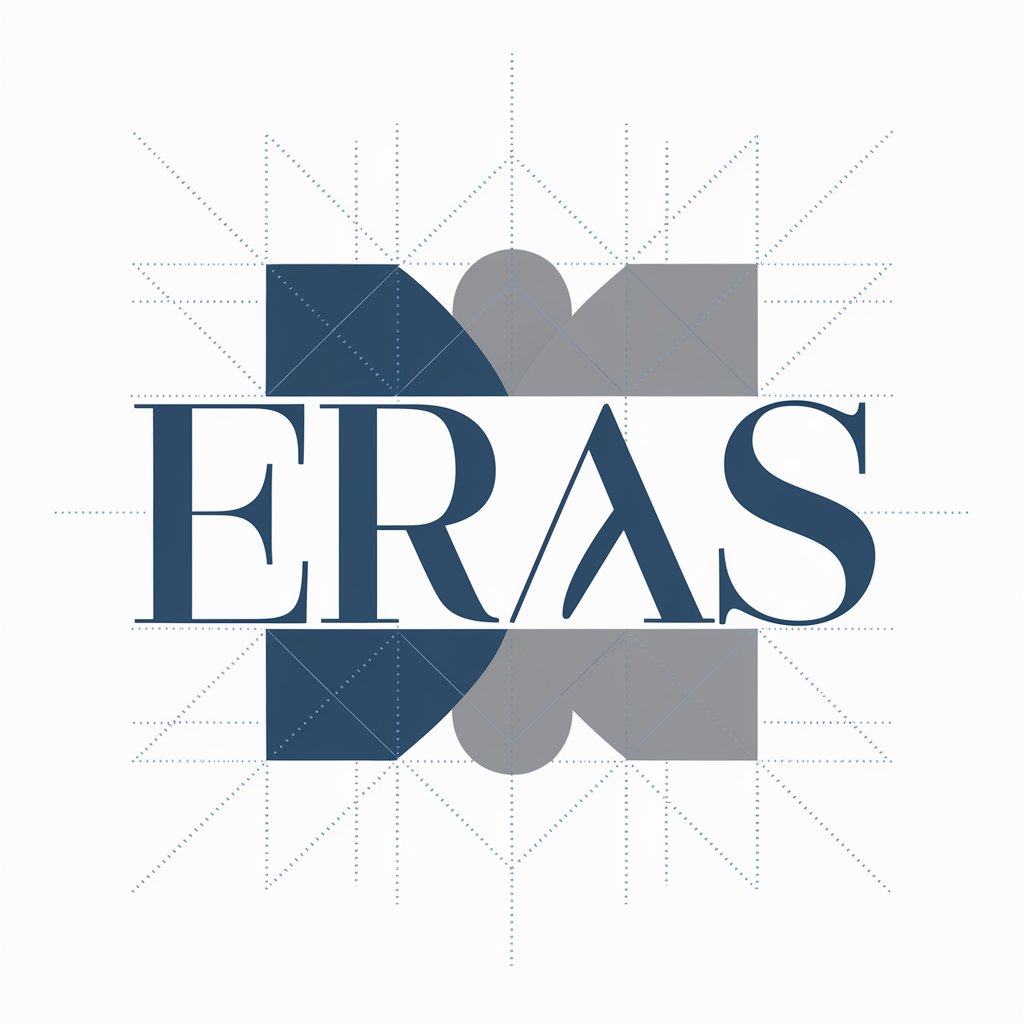
Redattore Web
AI-powered rewriting for clear journalistic copy

Benchmark Analyst
AI-powered competitive intelligence for startups

Book Cover Generator
AI-powered cover design for authors.

Dietitian
AI-powered personalized diet plans

- Stress Relief
- Decision Guidance
- Life Purpose
- Ethical Dilemmas
- Spiritual Practice
Common questions about Bhagavad Gita Counseling
What is Bhagavad Gita Counseling and how does it work?
Bhagavad Gita Counseling is an AI service that synthesizes core teachings of the Bhagavad Gita with modern context to offer practical guidance. It reads your situation, highlights relevant Gita themes (dharma, karma, yoga), cites brief verse-based insights, and proposes concrete actions, reflection prompts, and short practices—helping you translate ancient wisdom into everyday decisions.
Is the AI's interpretation authoritative or literal?
The AI provides learned interpretations and practical translations, not definitive scripture rulings. It draws on common translations and thematic exegesis to make the text actionable. For doctrinal, ritual, or scholarly authority consult recognized teachers or primary translations: the AI's output is a helpful guide, not a scholarly substitute.
Can this replace therapy, clergy, or professional advisors?
No. The tool can support reflection, ethical clarity, stress reduction, and habit design, but it is not a licensed therapist, physician, or ordained officiant. For clinical mental-health issues, emergencies, or formal religious rites, seek trained professionals. If you feel at risk or in crisis, contact local emergency services immediately.
What inputs produce the best, most personalized answers?
Provide a concise context (problem, recent events, values), constraints (time, responsibilities), desired outcome, and any prior attempts. Example: 'I must decide between job A (stable) and job B (purposeful); I value security and growth; decision needed in 2 weeks.' The AI then maps Gita themes to that context and offers practical steps and reflection prompts.
How is privacy handled and what should I avoid sharing?
Personal data handling depends on the platform you use; review the provider's privacy policy. As a best practice, avoid sharing sensitive identifiers (SSNs, full legal IDs, financial account numbers, explicit medical records). Use anonymized details for safer, still-useful counseling. For HIPAA-level confidentiality or similar protections, consult services that explicitly guarantee them.

